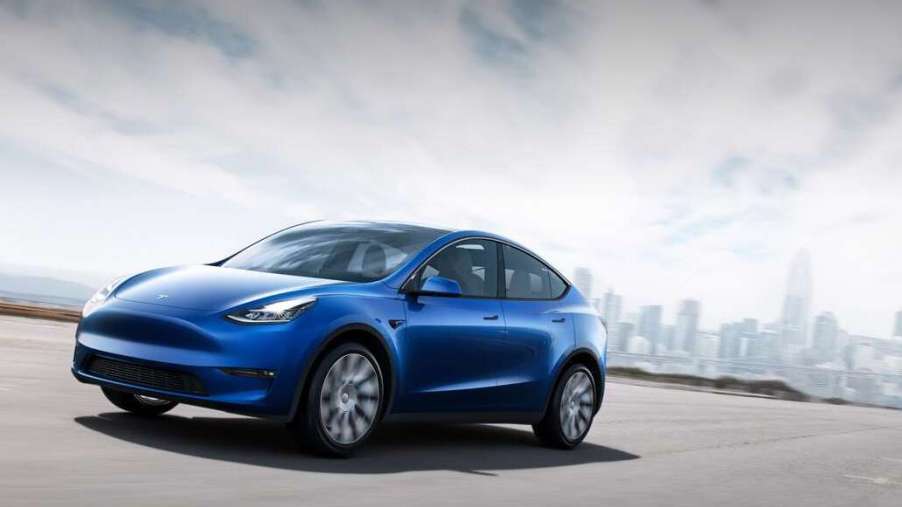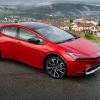
Survey: Why Buyers Avoid Electric Cars
What is it about electric cars that scares people enough that only two-percent of all cars sold are EVs? Those who purchase them rave about the cost saving satisfaction and saving the environment, too. Though they seem like appliances to enthusiasts, they have shown themselves to be performance minded. All you need to look at are the hoards of supercars being developed that are all-electric.
The folks at Autolist wondered why electrics are at two-percent too. They conducted a survey which asked for reasons why they didn’t buy an EV. As you might imagine there were many reasons, but they mainly centered around price, range, and charging. What is unfortunate is that most of their concerns have already been resolved, and really are out of date responses. We’ll list the top five reasons and the percentage of respondents that each concern applied to. It’s a fun look at concerns vs. realities. The take-away is that EV manufacturers need to do a better job of marketing their EVs.

Range Anxiety: 43%
The biggest concern of those surveyed was how far they could travel on a single charge. You must remember that when the Nissan Leaf first came out in 2011, it only had a range of 70 miles. Of course, now the Leaf gets more than twice that figure. Most respondents said that for a $35,000 EV they should get 250-300 miles. That falls right into the range of 250 miles for the Bolt, Leaf Plus, Kona, and base Model 3 Tesla.
Too Expensive: 42%
If you look at leases for the Kia Niro EV they cost $319 per month, whereas a gas Niro costs $329 per month. We can’t speak for consumers’ finances but this seems in line with other gas-powered sedans in this size category. So it would seem this might be a misplaced concern. A cost-saving perk from some employers is that charging at work is free, so many owners with this option have not popped for the home charger. That’s another way EVs save.
No Place to Charge Locally: 39%
At least in metropolitan areas this just doesn’t apply in 2019. But even in a more sparsely populated state like Montana we counted 14 public charging stations throughout the state. Along Route 70 through Kansas there are seven stations with a few others scattered within the state, and a number bunched together on Route 70 at the Kansas/Missouri border. It’s safe to say that charging will not be a problem especially if you charge your EV at home.
Takes Too Long to Recharge: 29%
Again, this has largely been overcome unless you’re charging at home with a 120-volt plug. Depending on how much charge is left and how full your battery needs to be this can take from one hour to several. A complete charge at 220 volts for a Tesla Model 3 takes 12 hours, while a Chevy Bolt takes nine.
Lack Knowledge/Info to Make Informed Purchase: 28%
Um, the interweb. The World Wide Web has lots of info in case you didn’t know.



